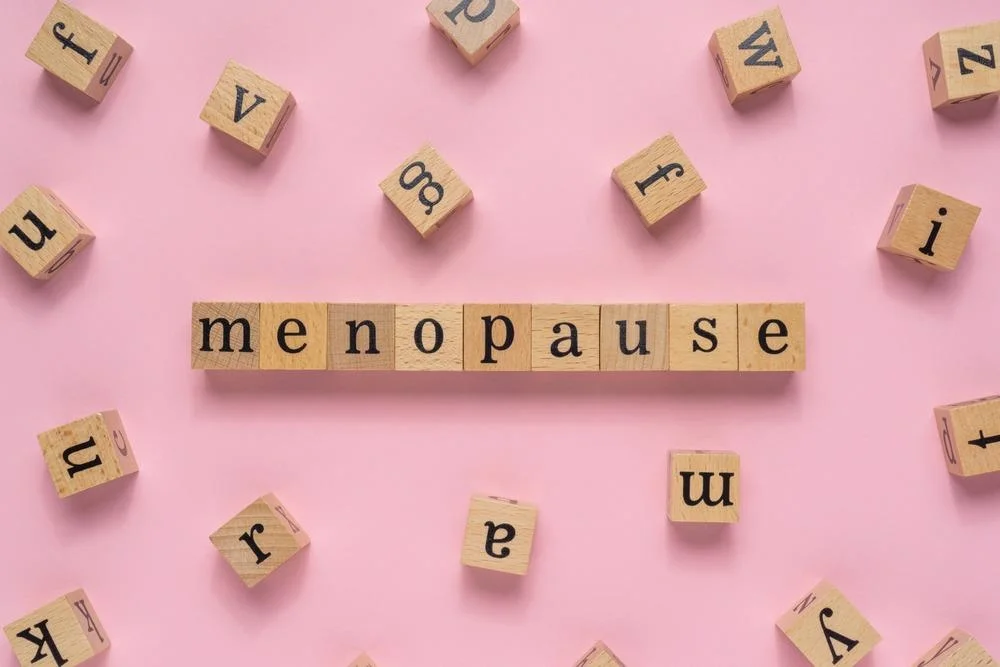- Menopause is a natural process that typically occurs in women in their late 40s or early 50s, marked by the end of menstrual cycles.
- Common symptoms of menopause include hot flashes, night sweats, mood changes, sleep disturbances, and vaginal dryness.
- Managing menopausal symptoms involves lifestyle changes, such as exercise and diet, as well as medical interventions like hormone replacement therapy (HRT).
- Seeking support and guidance from healthcare providers, like Dr. Mary Claire Haver, is crucial for navigating the menopausal transition with confidence.
Menopause is a natural biological process that marks the end of a woman’s menstrual cycle. It typically occurs in women in their late 40s or early 50s, signalling the end of their reproductive years. While menopause is a normal part of ageing, it can bring about a range of physical and emotional changes due to hormonal fluctuations. To shed light on this significant life transition, we spoke with Dr. Mary Claire Haver, a renowned expert in women’s health and menopause management.
https://www.instagram.com/reel/C4VTaMyLWQL/?hl=en
Understanding Menopause
Menopause is officially diagnosed after a woman has gone without a menstrual period for 12 consecutive months. However, the transition to menopause, known as perimenopause, can begin several years earlier. During perimenopause, hormone levels, particularly estrogen, fluctuate, leading to irregular menstrual cycles and symptoms such as hot flashes, night sweats, and mood swings.

Common Symptoms and Management
Dr. Haver emphasizes that while every woman’s experience with menopause is unique, there are common symptoms that many women face. These include:
- Hot Flashes and Night Sweats: Sudden feelings of warmth, often accompanied by sweating, can disrupt sleep and daily activities.
- Mood Changes: Hormonal fluctuations can lead to mood swings, irritability, and feelings of anxiety or depression.
- Sleep Disturbances: Changes in hormone levels can interfere with sleep patterns, leading to insomnia or restless sleep.
- Vaginal Dryness: Decreased estrogen levels can cause vaginal dryness, itching, and discomfort during intercourse.
- Bone Health: Estrogen plays a crucial role in maintaining bone density, so decreased estrogen levels during menopause can increase the risk of osteoporosis.
Managing menopausal symptoms involves a combination of lifestyle changes, such as regular exercise, a balanced diet, and stress management, as well as medical interventions like hormone replacement therapy (HRT) or other medications.
Importance of Seeking Support During Menopause
Dr. Haver emphasizes the importance of seeking support and guidance during the menopausal transition. “Menopause is a significant life event that can impact a woman’s physical and emotional well-being,” she says. “It’s important for women to feel empowered to discuss their symptoms with healthcare providers and explore the best options for managing them.”
Menopause is a natural and inevitable stage of a woman’s life, but it doesn’t have to be a daunting one. By understanding the symptoms and seeking support from healthcare providers and resources like Dr. Mary Claire Haver, women can navigate this transition with confidence and embrace this new chapter of their lives.
Study Finds 84% of Women Unaware of the Link Between Menopause and Oral Health. Read the full story here:
A recent study focusing on women aged 50 and older has uncovered surprising findings. It reveals that a significant 84% of these women are not aware of how menopause can impact their oral health, despite 79% of them acknowledging changes in their teeth and gums as they age.
Study Finds 84% of Women Unaware of the Link Between Menopause and Oral Health
Have something to add? Let us know in the comments section below.
For more news and updates, stay tuned to Wow 360.
